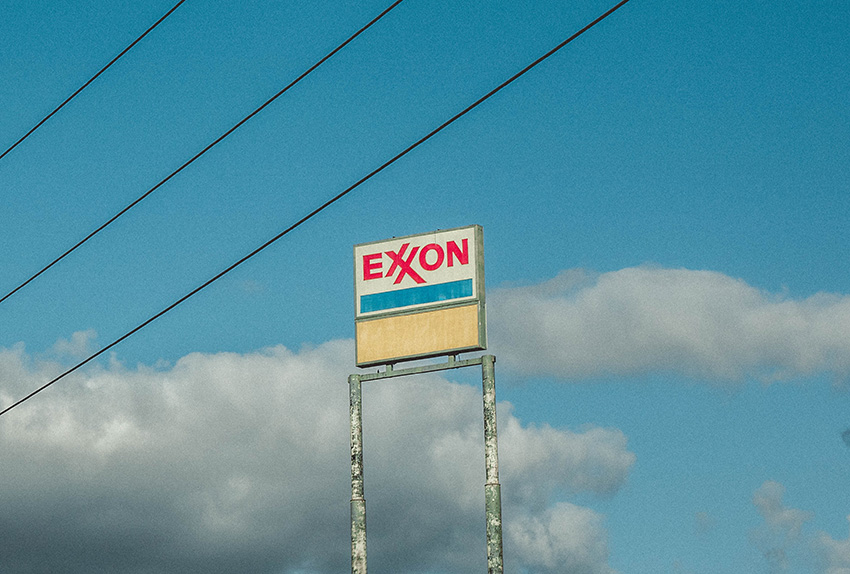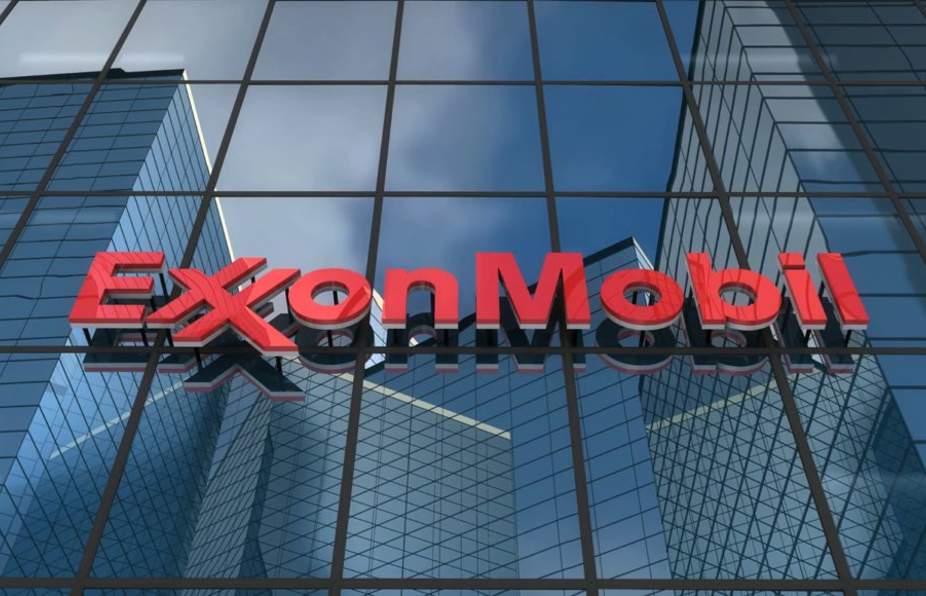ExxonMobil, american oil supermajor, announced this Tuesday it will start a plan to capture and store carbon dioxide emitted by industries around the Houston area; the company said it could attract at least $100 billion in investment if the Biden administration puts a price on the greenhouse gas.
Firstly, as reported by the FT, the company is considering the business ahead of the US climate summit, to happen this Thursday. There, the Biden administration intends to announce tougher and more aggressive national measures to tackle climate change, in hopes to push forward leaders to also increase their environmental goals.
Secondly, Joe Blommaert, head of Exxon’s low-carbon business said that, indeed carbon capture and storage (CCS) “should be a key part of the US strategy for meeting its Paris goals; and included as part of the administration’s upcoming Nationally Determined Contributions”. He said that referring to the goals acquired by companies and governments back in 2015; within the frame of the Paris Climate Agreement.
Thirdly, Exxon is not the only company to highlight its environmental commitments. Bp pledged to stop flaring natural gas in its Texas Permian basins by 2025; while EQT, the nation’s largest natural gas producers said it backed federal methane emissions regulations.
Also recommended for you: AEP Energy to provide 100% clean energy to Crown Battery beginning 2023. Click Here.


ExxonMobil remarks that pricing carbon dioxide is critical for generating market
On the other hand, the International Energy Agency said, back in February, that carbon capture, utilization and storage (CCUS) technologies are critical for putting energy systems around the world on a sustainable path; that those companies that consider them too expensive, are in fact missing the “big picture”.
In addition, it remarked. “Plans for more than 30 commercial CCUS facilities have been announced in recent years; and despite the Covid‑19 crisis, in 2020 governments and industry committed more than USD 4.5 billion to CCUS.”
Nevertheless, the technology has faced some struggles to be adopted broadly, as costs are persistently high. According to the FT, the most recent setback for the industry was last year’s mothballing of the Petra Nova project; the country’s largest, which captured carbon from a Texas coal-fired power plant.
Finally, Exxon underlined that establishing a market price for the carbon dioxide captured is important for market generation. In fact, a handful of states, including Texas, have attempted to do that. Exxon highlighted that the U.S. government should “implement policies to enable CCS to receive direct investment; and incentives similar to those available to other efforts to reduce emissions”, Blommaert said.


